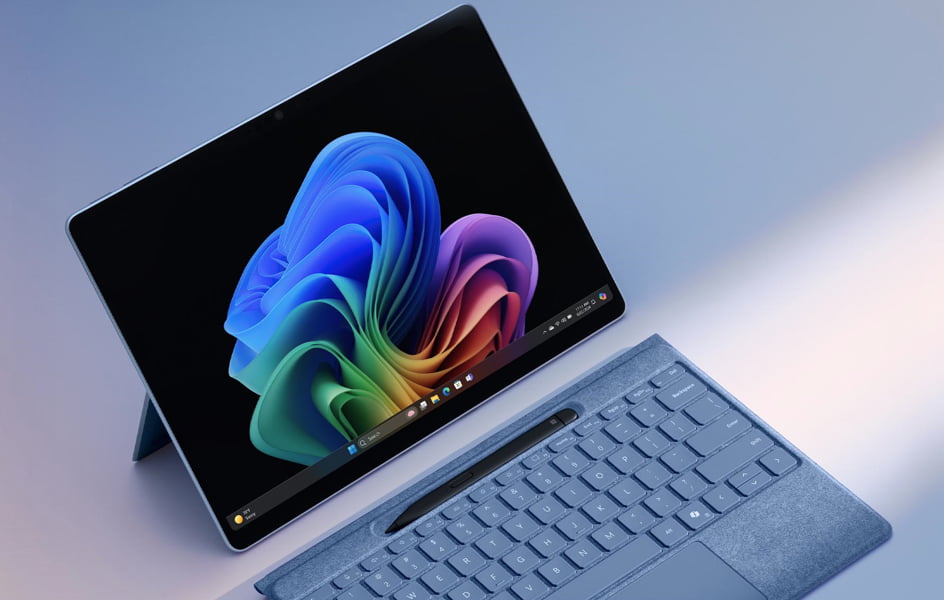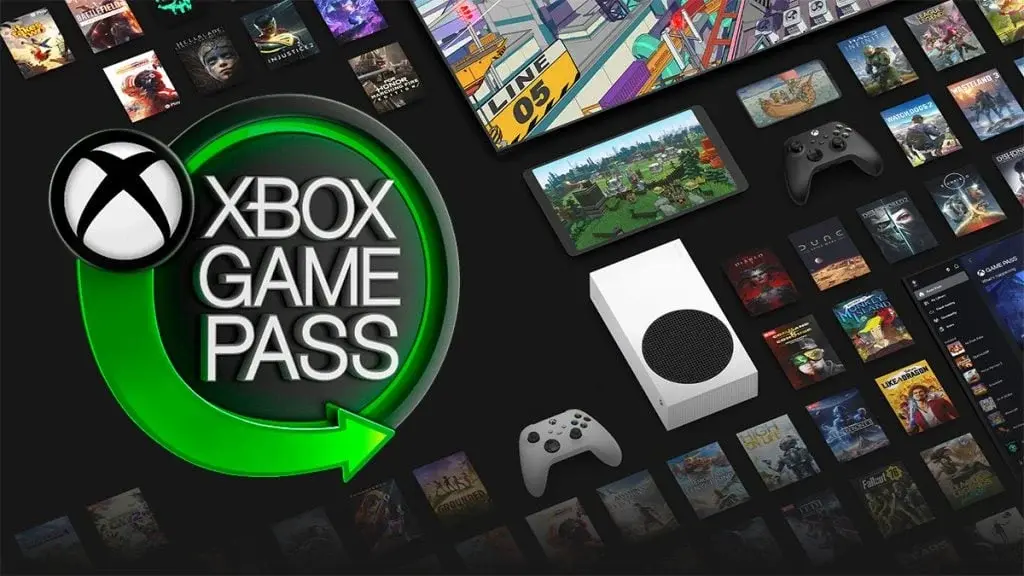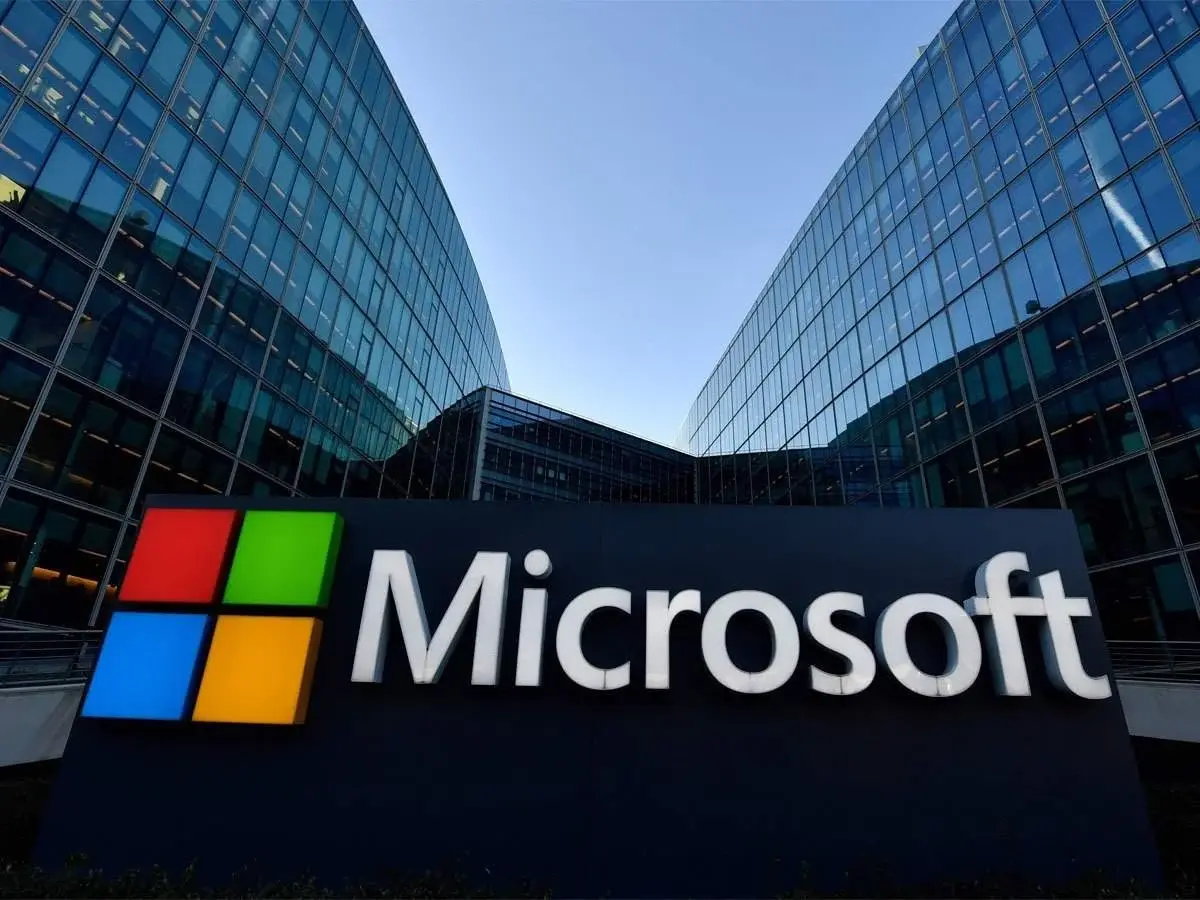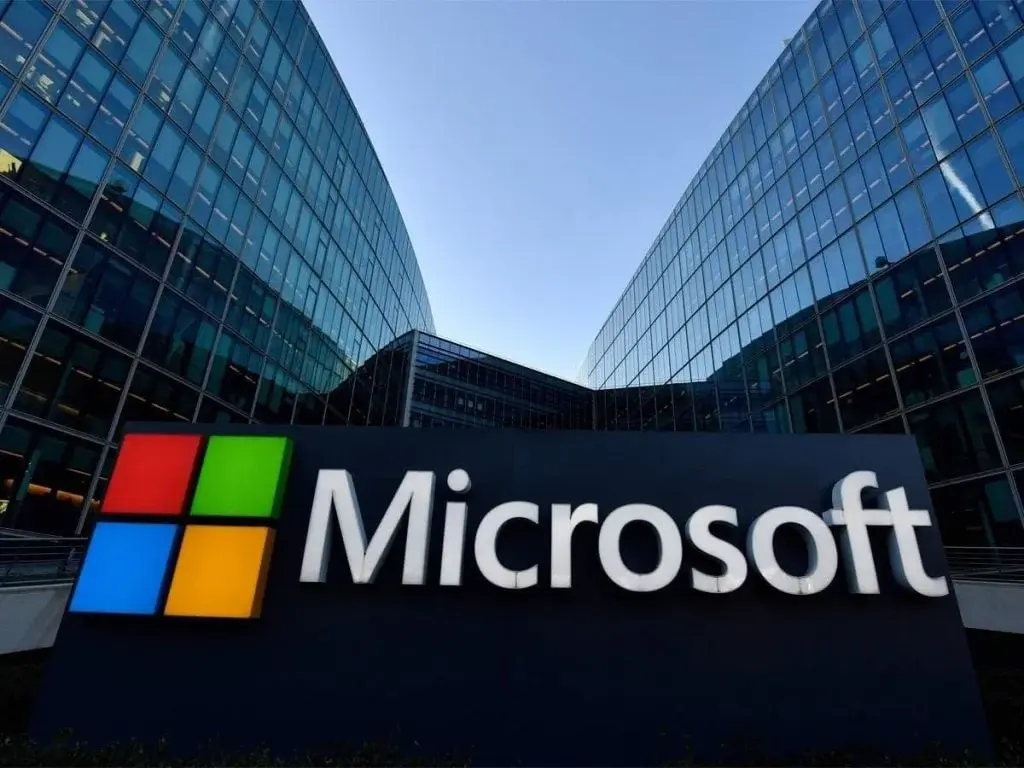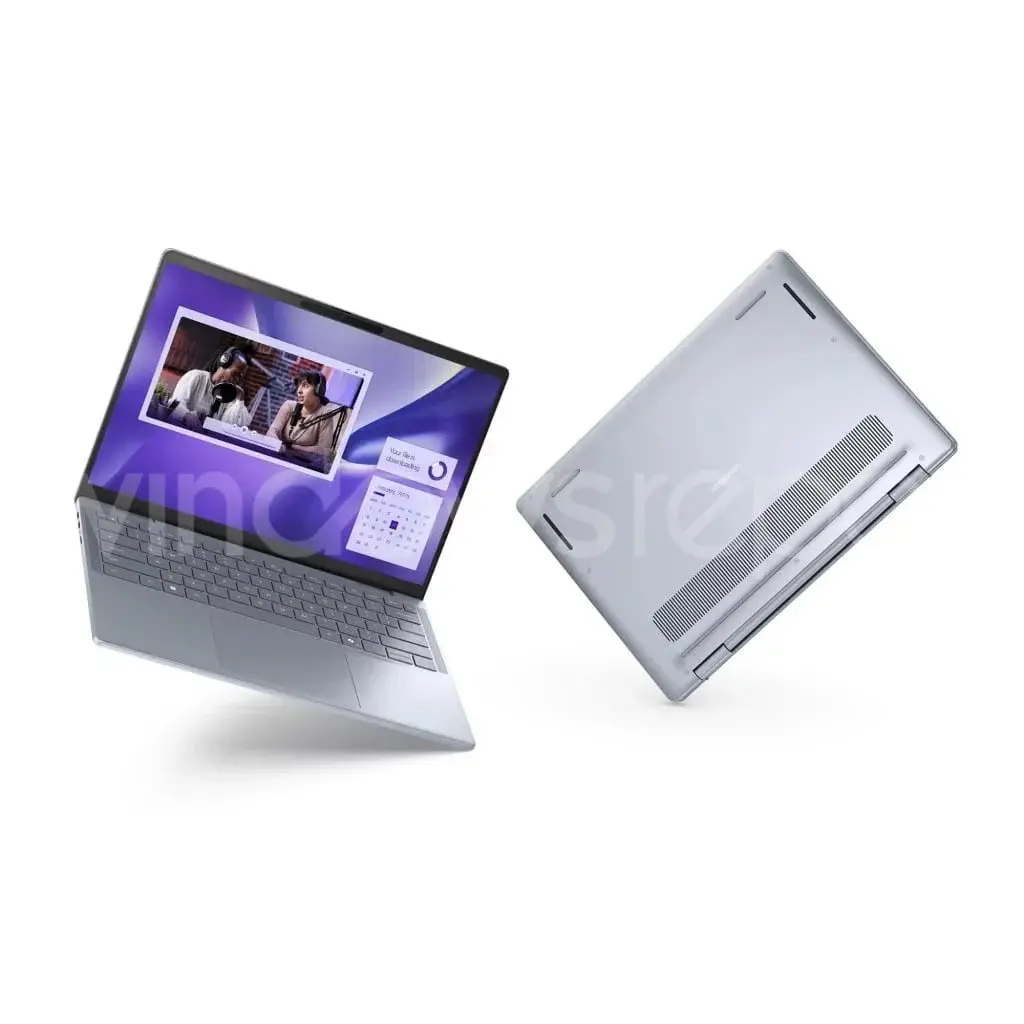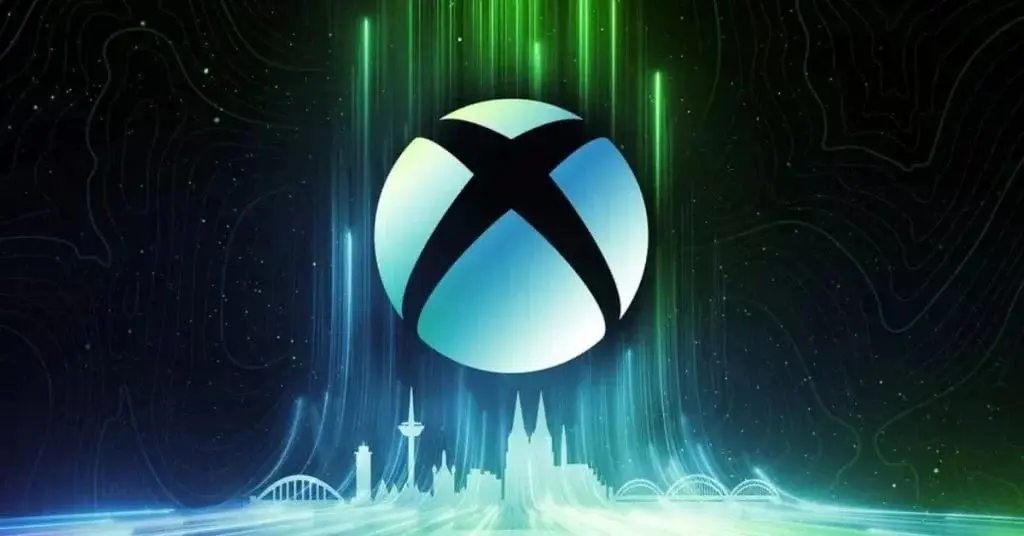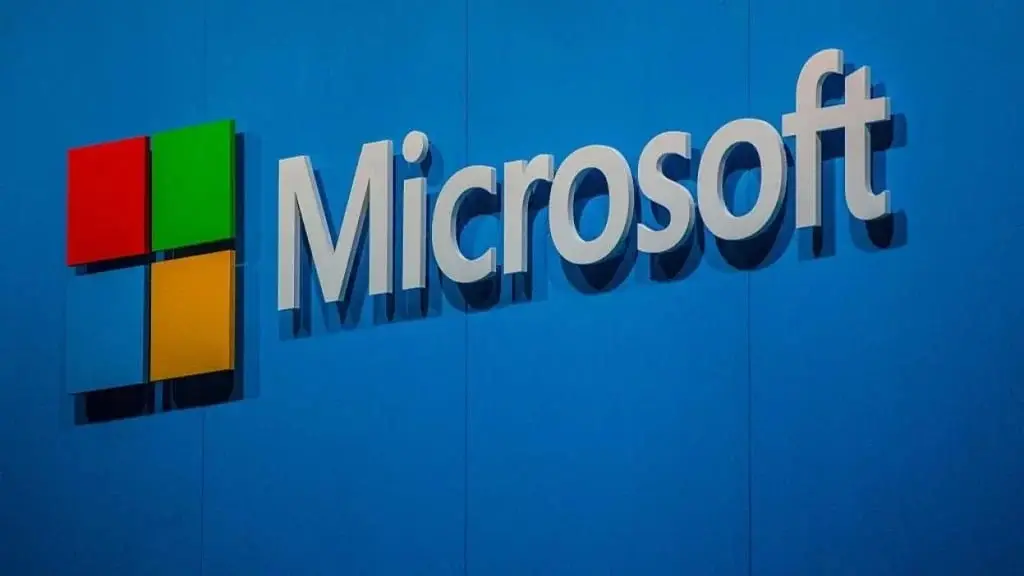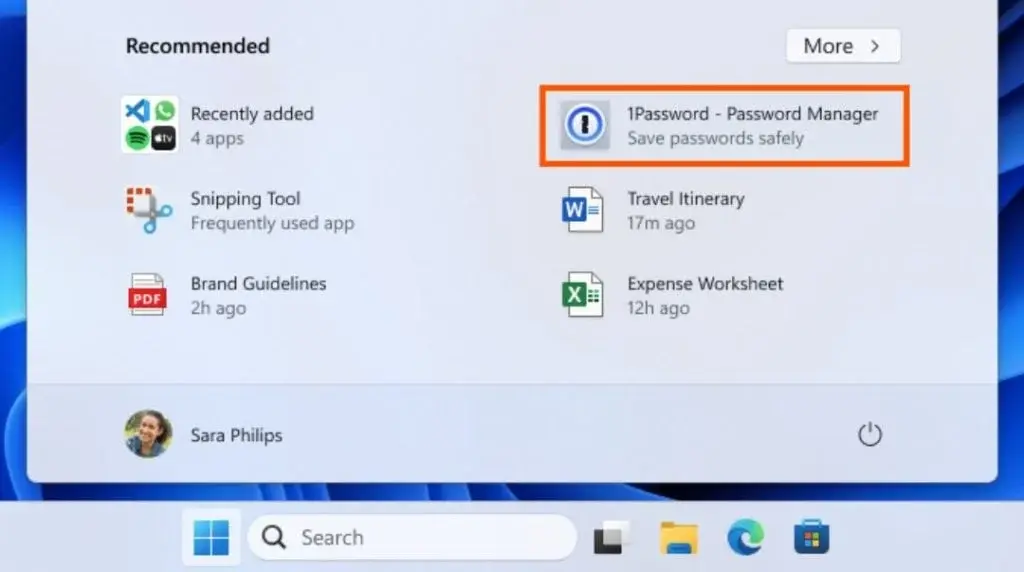Strategists will find plenty to enjoy from Microsoft this September. Throughout the month, the Game Pass will introduce three new strategy games, with a special emphasis on Frostpunk 2 and Ara: History Untold—both are brand new AAA titles available on Game Pass from their launch date.
Wargroove 2 Overview
Wargroove 2 features a turn-based strategy format where multiple factions vie for dominance. Each faction is led by commanders who possess unique abilities, known as "Grooves." In this sequel, these Grooves become even more potent as players can charge them over multiple phases. The game boasts a comprehensive single-player campaign filled with a rich storyline, alongside various modes including multiplayer battles and editing tools. Its vibrant pixel art style adds a nostalgic touch to the experience.
Frostpunk 2 Details
Frostpunk 2 is the follow-up to the acclaimed city-building strategy game by 11 Bit Studios. Set 30 years after the original, players are once again thrust into a harsh, frozen environment where survival is a challenge. As the leader of a surviving community, players must oversee city management, gather resources, and face tough moral choices. Unlike the first game, which relied on coal as the primary energy source, Frostpunk 2 shifts the focus to oil as a new, limited resource. Key dilemmas involve making political choices: Should children work harder for increased productivity, or should the elderly be sent into the icy wasteland to conserve resources? The real question is: how far are you willing to go to secure the community’s survival?
Ara: History Untold Insights
This turn-based strategy title allows players to craft an alternate version of human history. Echoing traditional 4X games (eXplore, eXpand, eXploit, eXterminate), the game emphasizes exploration and strategic decision-making. However, Ara aims to invigorate the genre with fresh mechanics and a dynamic world that evolves over time. Players will manage resources, develop technologies, and grow their nation while navigating conflicts with rival civilizations.
Xbox continues to enhance its offerings, making September an exciting month for strategy enthusiasts.


